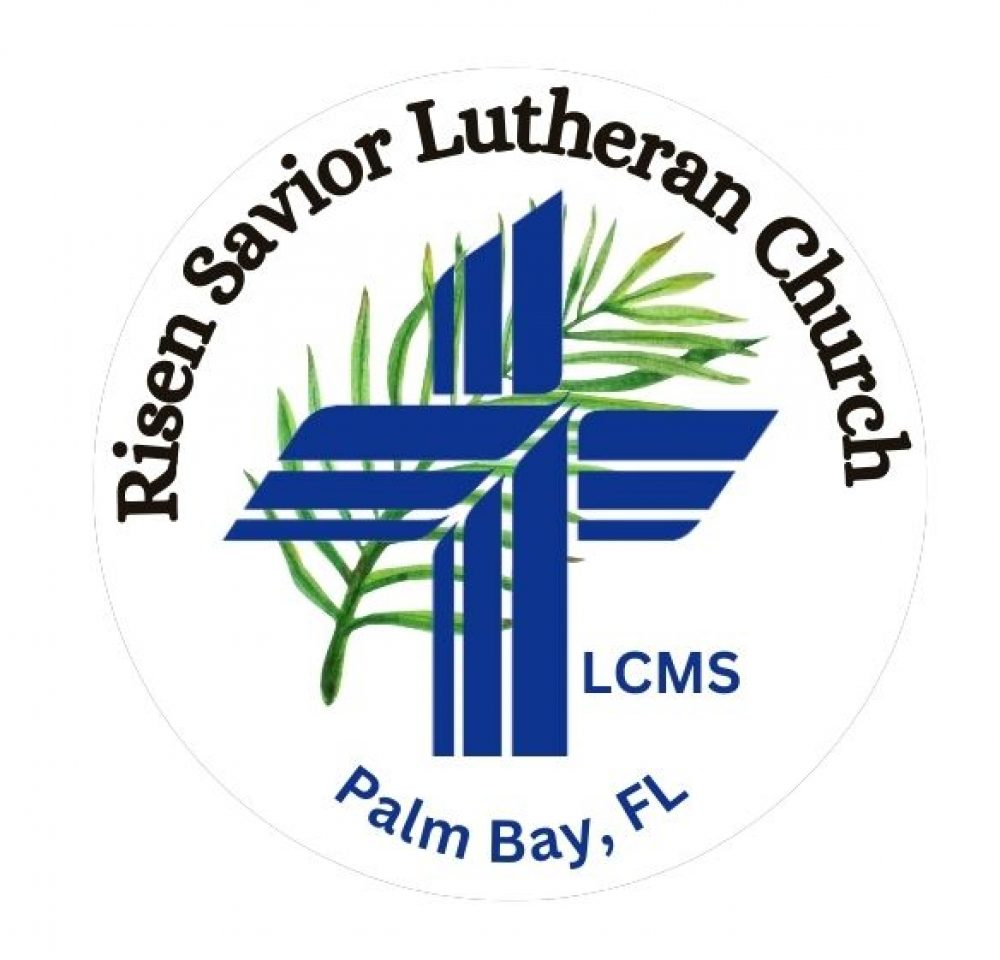The Holy Spirit Brings People to Faith
A listener recently asked questions about the Holy Spirit and the Spirit’s workings in our lives. While we may agree there’s a good deal of mystery surrounding how the Spirit works, I normally find Luther’s insights very helpful. In his explanation of the Third Article of the Creed in the Small Catechism, Luther says: “I believe I cannot by my own reason or strength believe in Jesus Christ, my Lord, or come to Him; but the Holy Spirit has called me by the Gospel, enlightened me with His gifts, sanctified me and kept me in the true faith.”
So for Luther, sincerely confessing Jesus Christ as Lord and Savior is a confession only a believer can make, and it results from God’s Spirit converting us into believers. A sincere confession means the Spirit has been working on us. It means He has called us by the Gospel. It means He has enlightened us, and is still enlightening us, with His gifts.
How does the Spirit do this? We believe He is able to do anything He wants, any time He wants. But as the Church has been promised He will use the Word and Sacraments, that’s how we expect He still typically chooses to work. It’s why we refer to the Word and Sacraments as “the means of grace.” What we call “means” are those instruments and channels the Spirit has chosen for the accomplishing of His will.
He has chosen humble means to accomplish mighty things. Preaching, frankly, looks like foolishness. Baptism appears to be nothing. A morsel of bread and sip of wine hardly seem worth the trouble. But He keeps using these simple things to turn things upside down, to the confoundment of skeptics.
The Holy Spirit, through the means of grace, adds infants to God’s family. An infant can be part of Christ’s Body, the Church, despite the fact that that infant cannot understand the preached Gospel or make a personal confession of faith. I often refer parents who come to me with questions about having a child baptized to Paul’s words in Colossians 2:11-14. Paul makes an analogy between baptism and circumcision, and it’s worth considering how circumcision worked for Old Testament Israel when we wrestle with what happens in baptism.
Circumcision was the ritual (an irreversible one!) whereby an Israelite was sealed under the old covenant and added formally to God’s people. According to the law of Moses, circumcision was to be performed when the infant was eight days old.
Of course, that infant didn’t know anything about God or Abraham or Moses. He couldn’t speak yet or even think, so he couldn’t pray or confess sins or praise the Lord. He didn’t express a choice to belong to God. Yet the ritually made him completely part of God’s covenant people. He had a share in Israel’s inheritance and a share in the hope Israel kept alive. God’s kindness (or wrath) toward His people encompassed all of them, including the newly circumcised infants.
Many have asked if God was able to seal infants under the Old Covenant, why He should He be unable to seal infants today under the New Covenant? Baptism, as a means of grace, is a means the Spirit can use to call infants by the Gospel.
Our listener asked whether the situation is different for an adult. It is and it isn’t.
It remains true the Spirit “calls us by the Gospel.” And for adults, baptism remains one of the means of grace. But adults are typically converted by the Holy Spirit through the preached Word. There is a promise in Isaiah that God’s Word will not return to Him “void,” or “empty,” but it will “accomplish the purpose for which” God sent it. The writer to the Hebrews calls the Word “living and active.” When the Word goes forth, the Spirit may bring people to faith as He pleases.
Accordingly, those who heard the preaching of Peter in Acts 2 were “cut to the heart,” and they asked Peter and the other apostles, “Brother, what shall we do to be saved?” The Spirit used the occasion of that preaching to bring 3000 people to faith in Christ that day.
We could add much more on this subject, but this is might suffice for a good beginning.
